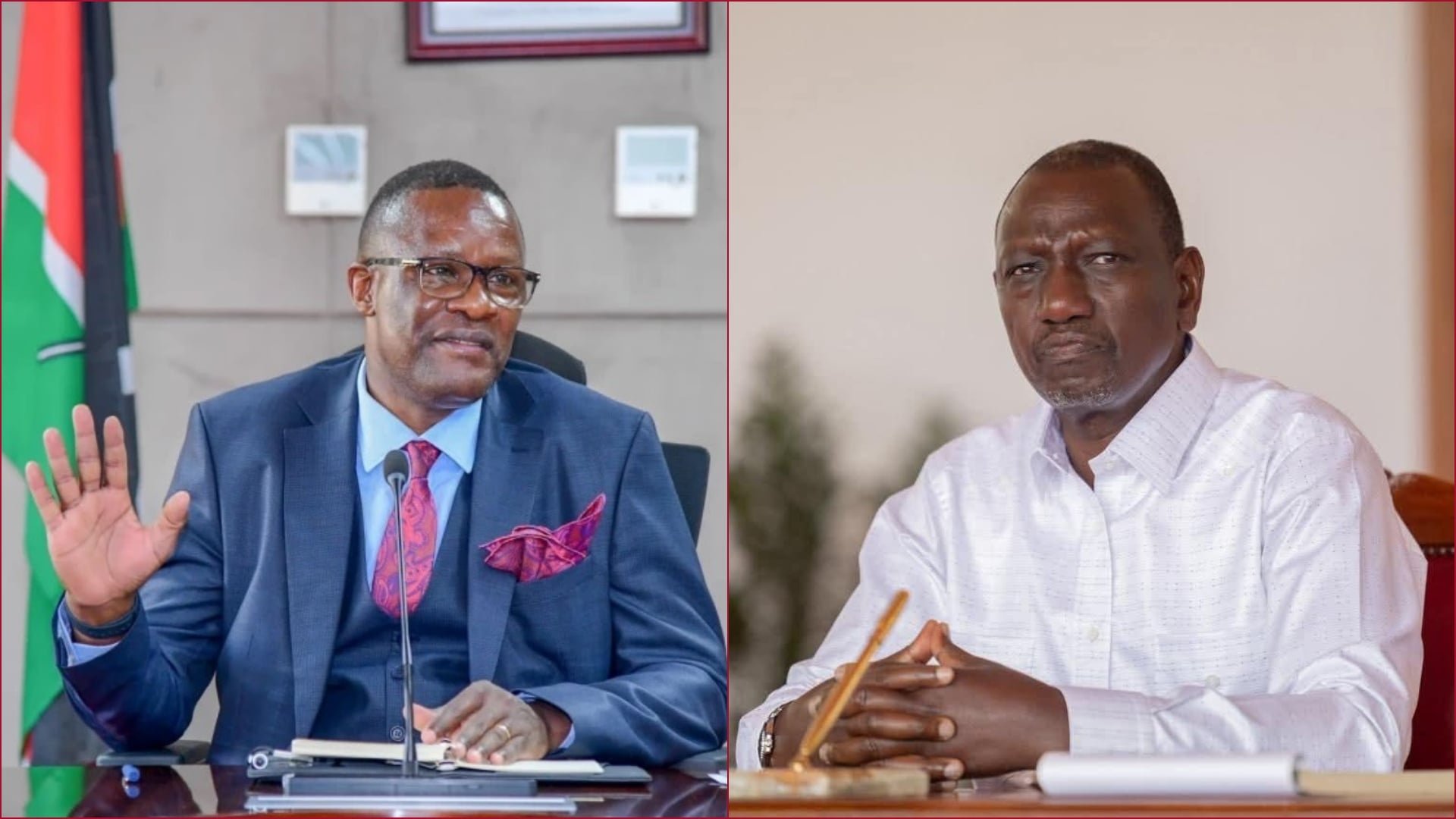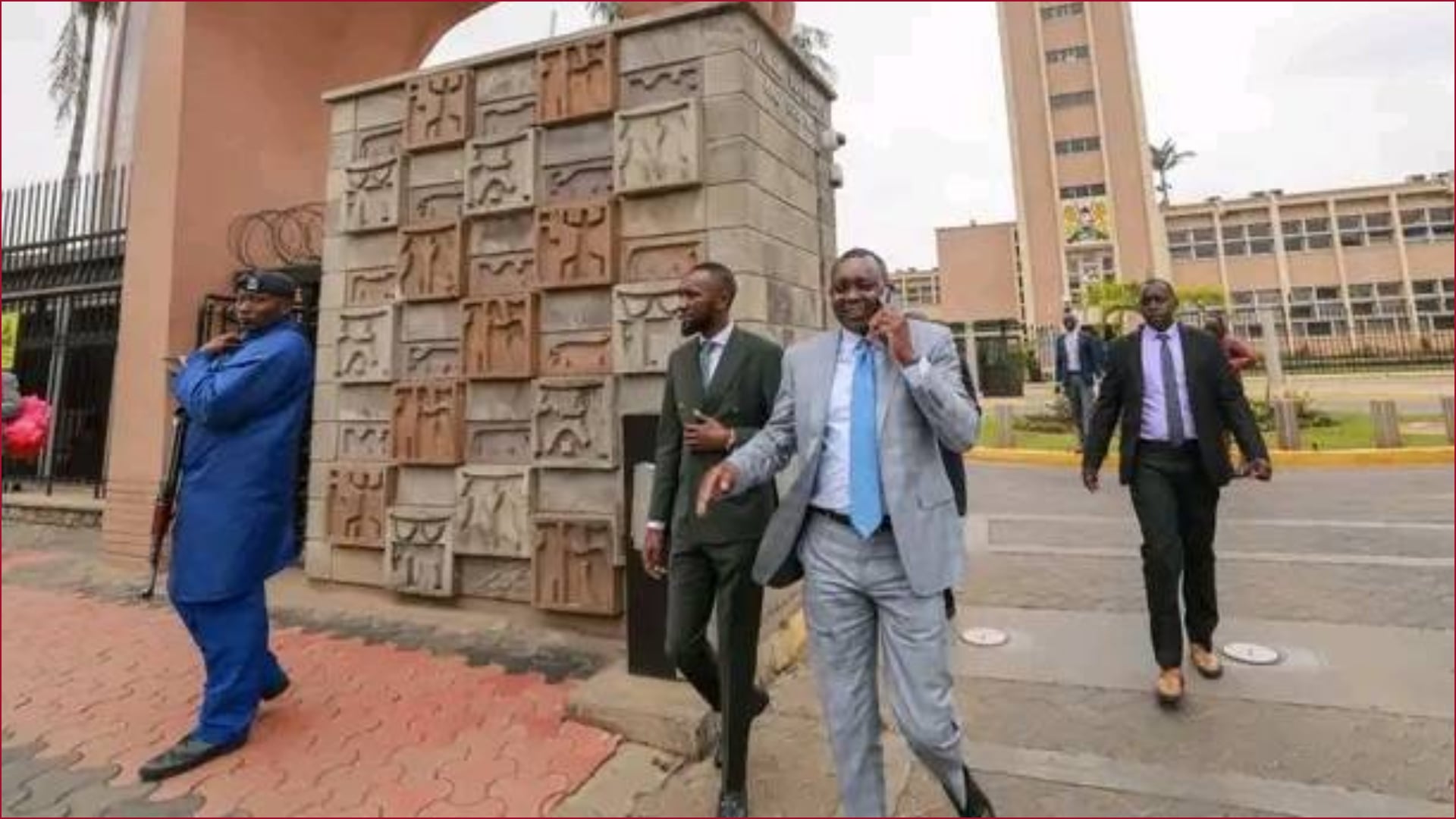Judges of the Court of Appeal today, Friday, August 20, 2021, ruled on the Constitution Amendment Bill 2020 popularly known as the Building Bridges Initiative (BBI).
The Judges upheld the decision issued by the High Court on May 13, 2021, declaring the BBI initiative null and void. This is after six judges of the seven, ruled to uphold the High Court's ruling.
Each of the judges read out their verdict on what they felt were the most important aspects of the appeal.
The appellate court's President, Justice Daniel Musinga stated that the constitution of Kenya 2010 is a transformative one and has never been in dispute, though its implementation has not been without challenges.
Read More
"The constitution declares that all sovereign power belongs to the people of Kenya," he said.
Musinga noted that President Uhuru Kenyatta did not respond to the petition against him, but the Attorney-General filed grounds of objection stating that the Head of State cannot be sued in his personal capacity during acts done during his presidency.
"The President can be sued and jailed if found guilty of any constitutional wrong doings," he stated.
Justice Patrick Kiage also ruled that the President is not above the law and must be subordinate to the constitution.
"A popular initiative is a citizen-conceived, citizen-initiated and citizen-driven process. If it is born of presidential fiat, no matter how well intentioned, it ceases to be a popular initiative and must be recognised as a state initiative," he stated.
"I do not for a moment think that it was ever the intention of the people that the amendment to the Constitution should be the normal done thing whenever we feel the urge. It should come rarely," Justice Kiage added.
He noted that the people were not mere observers or peripheral players in the making of the 2010 Constitution, rather, they were wielders and shapers of destiny not mere instrumentalities for the formal adoption of a document conceived, gestated and birthed by the political power elites.
"I agree with the learned judges that the amendments proposed by the BBI initiative and bill were so far reaching in character, scope and content as to shake the foundation and alter the identity of the constitution....They were effectively dismembering the constitution, blasting so huge a hole and essentially create a new constitutional order," he said.
Justice Francis Tuiyot tackled the question of the Basic Structure Doctrine and agreed with the lower court that Kenya's Constitution has a basic structure.
"Making and unmaking of the Constitution is a preserve for we the people exercising primary constituent power and should not be codified...What constitutes the basic structure of our constitution is easily identifiable," he ruled.
A majority of the bench ruled that the Independent Electoral and Boundaries Commission (IEBC) had no quorum to oversee the verification of signatures. The commission should have had at least four to five commissioners.
Justice Fatuma Sichale argued that the IEBC did not need a quorum to verify the signatures.
She, however, agreed with the other judges that President Uhuru Kenyatta should not have initiated the BBI process.
"...His excellency cannot be a Wanjiku. I'm in agreement with the findings by the High court that His Excellency the President can not initiate changes to the constitution through a popular initiative as provided by the Constitution in article 257," she said.
In his ruling, Justice Gatembu Kairu found that basic structure doctrine is applicable in the law. He argued that the doctrine seeks to bar dismemberment of the Constitution.
"The Basic Structure Doctrine is applicable in Kenya. In its application in the context of a constitution, it bars the dismemberment, replacement or abolition of the constitution in the name of amendment," he ruled.
Justice Kairu stated that there was no proper public participation in the BBI process leading up to the push for a referendum.
"I'm in agreement with the High Court that there is a legal requirement under article 10 of the Constitution for voters to be supplied with adequate information to make informed decisions. There is no evidence that was done in this case," he ruled.
In her ruling, Justice Hannah Okwengu addressed several issues with the major one being that the BBI process did not adhere to requirements of public participation.
"No evidence was presented to show there was meaningful public participation. This rendered the process Constitutionally unsustainable. BBI Steering Committee failed to involve members of the public effectively," she ruled.
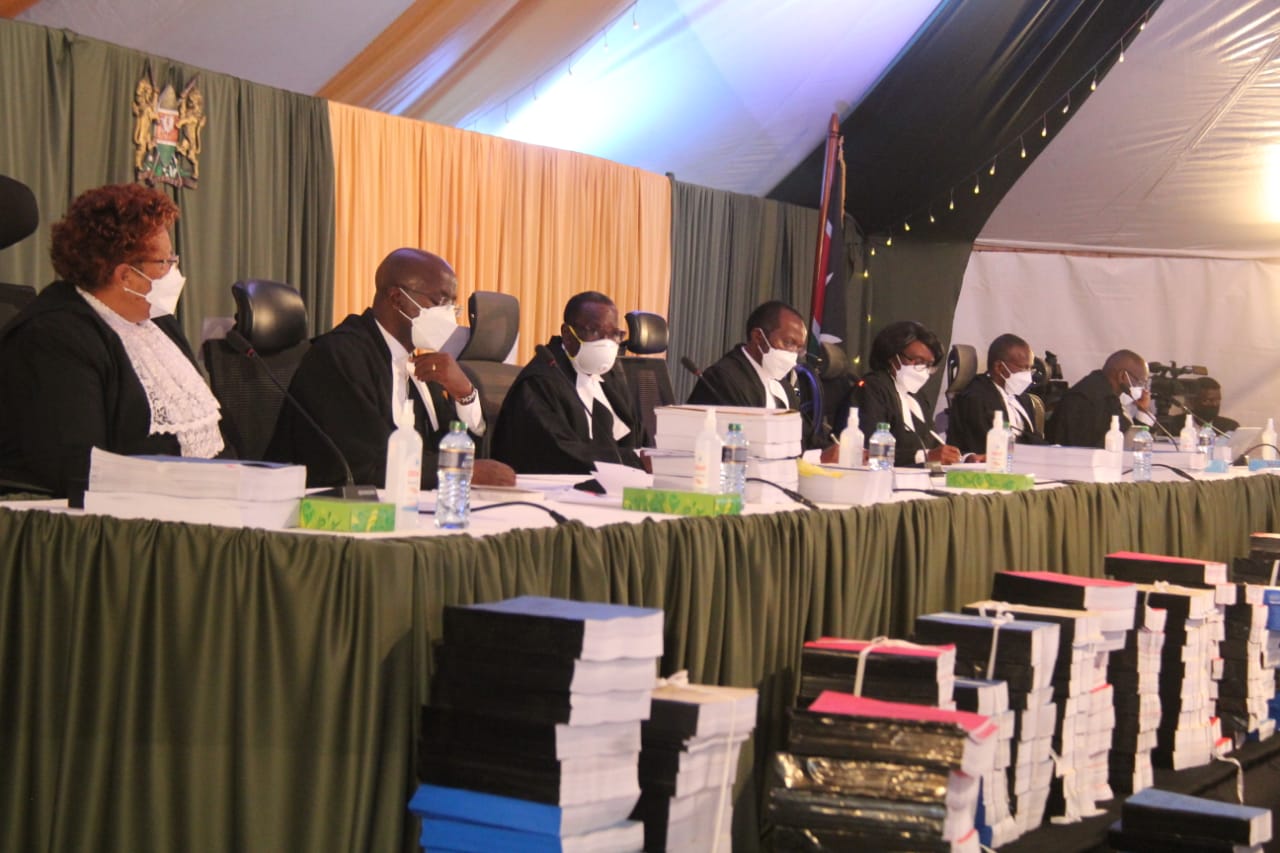
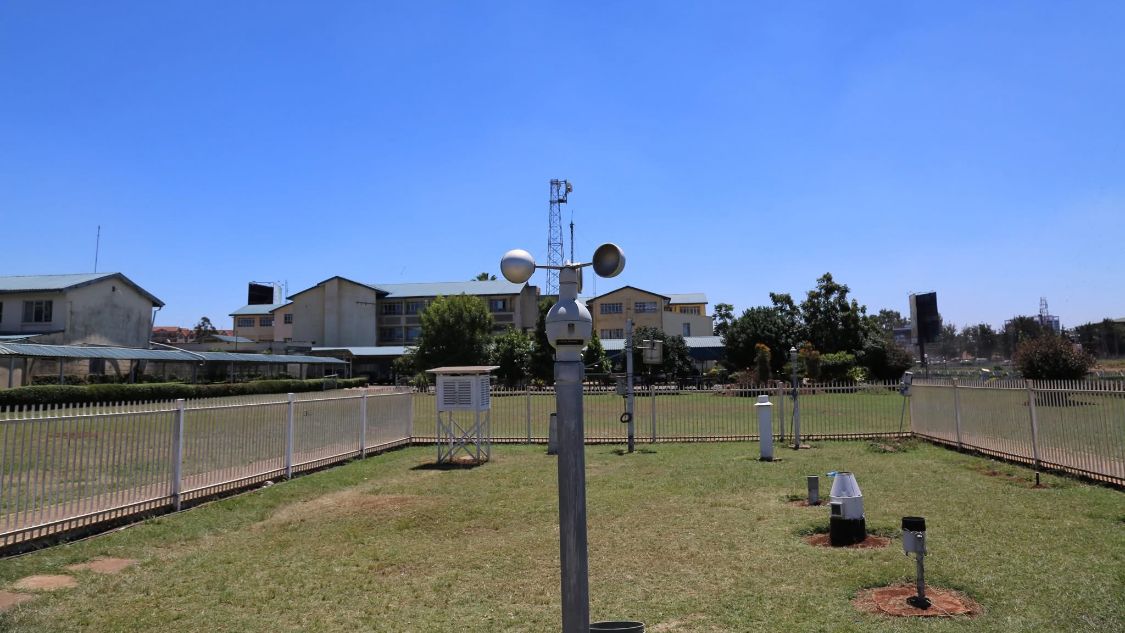
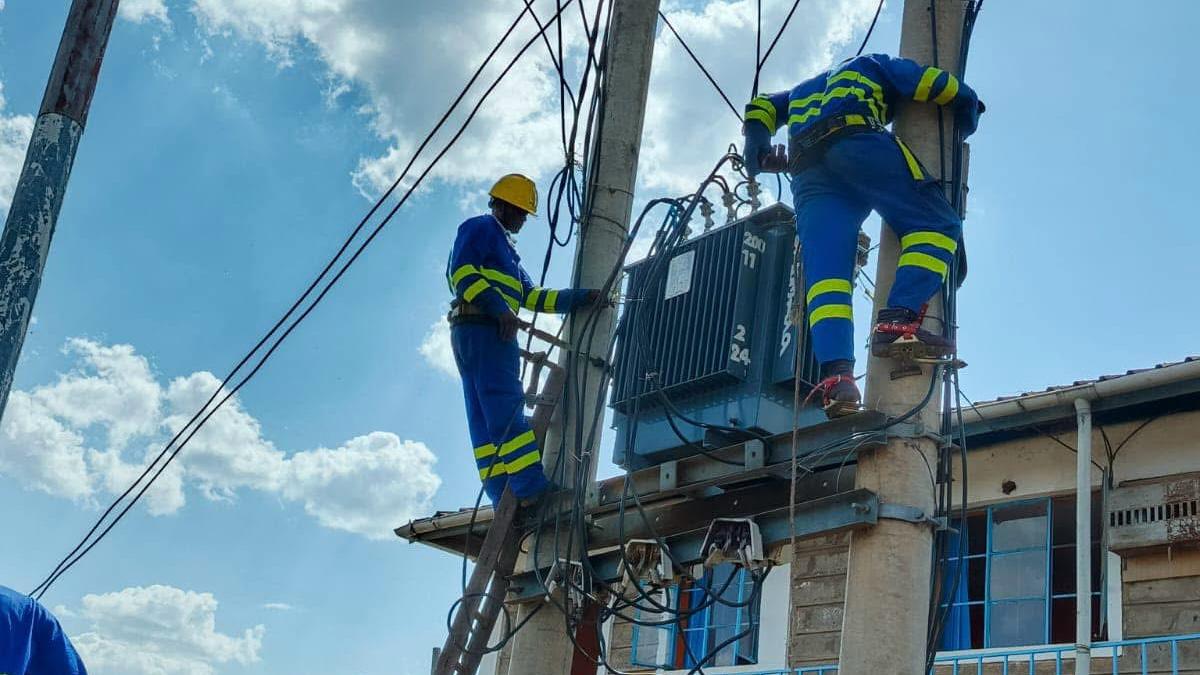

-1769936465.png)
